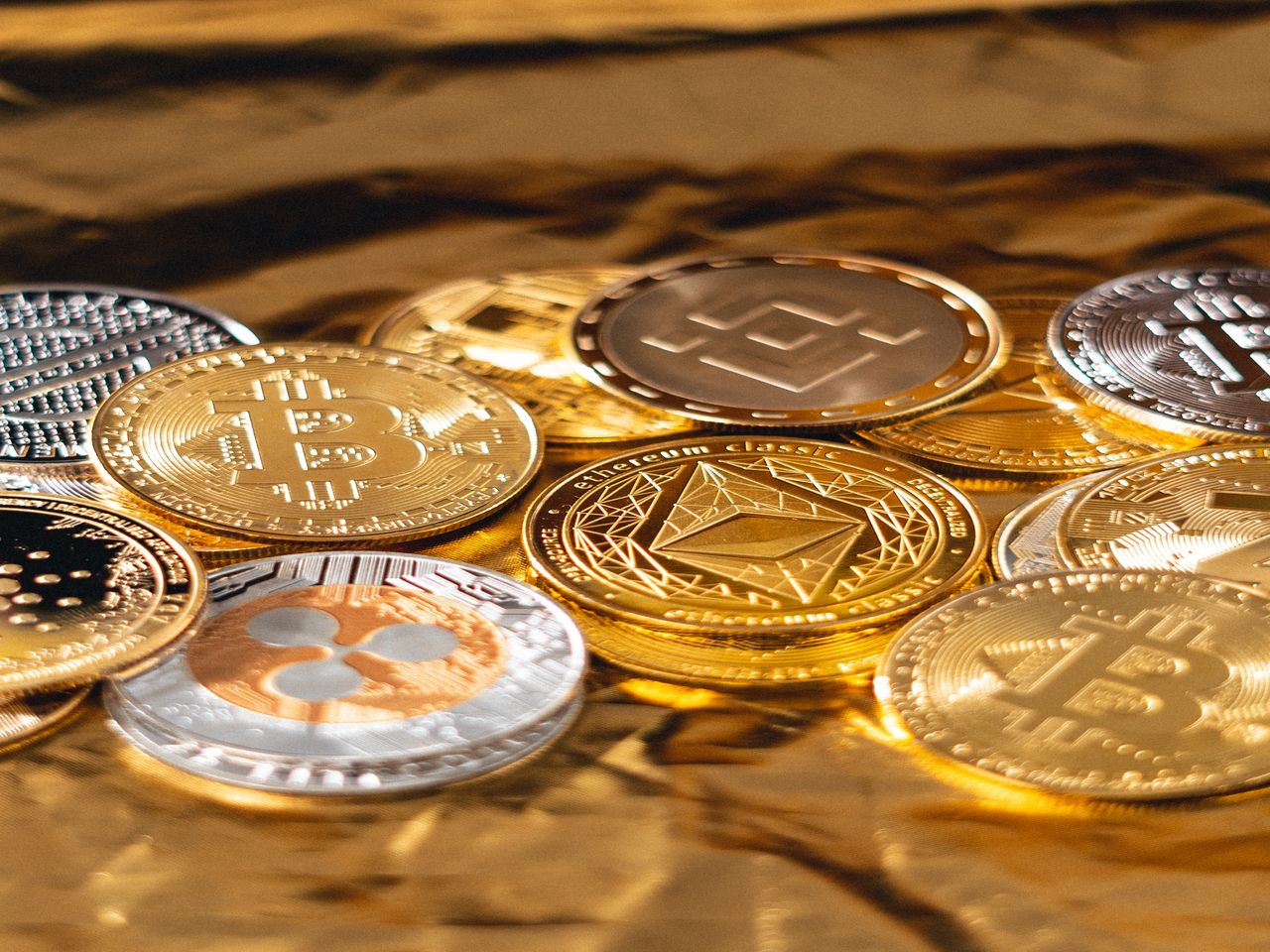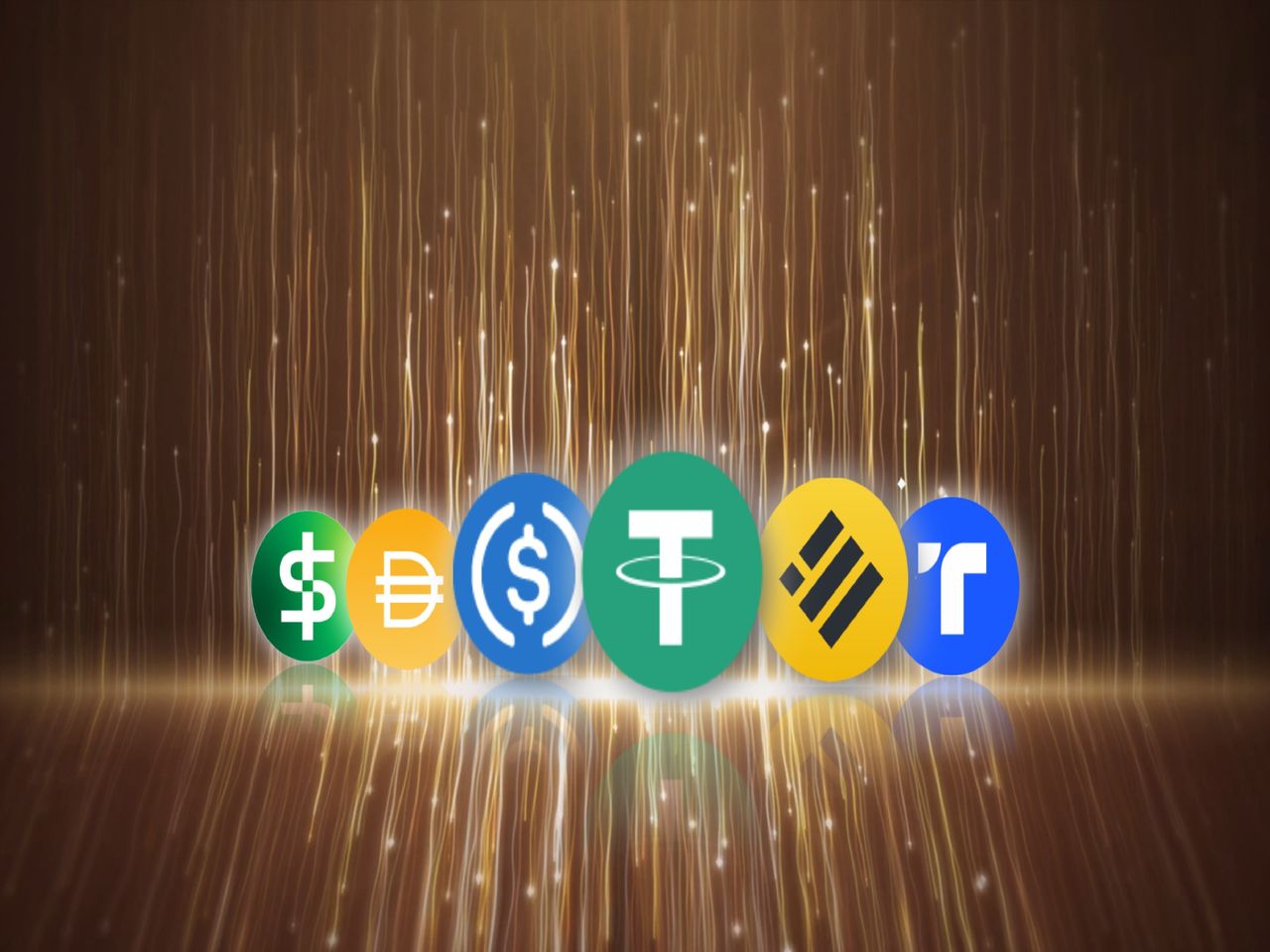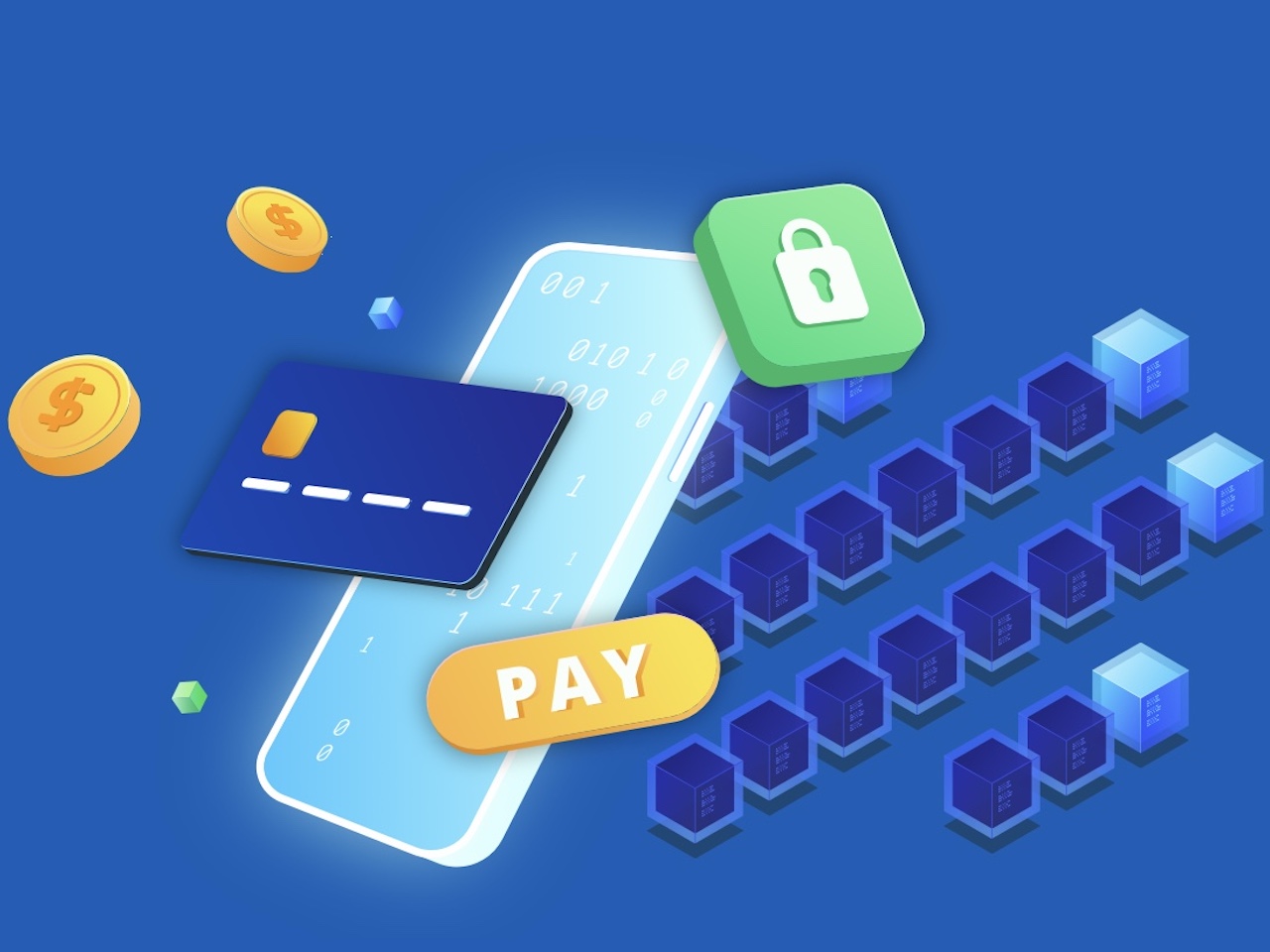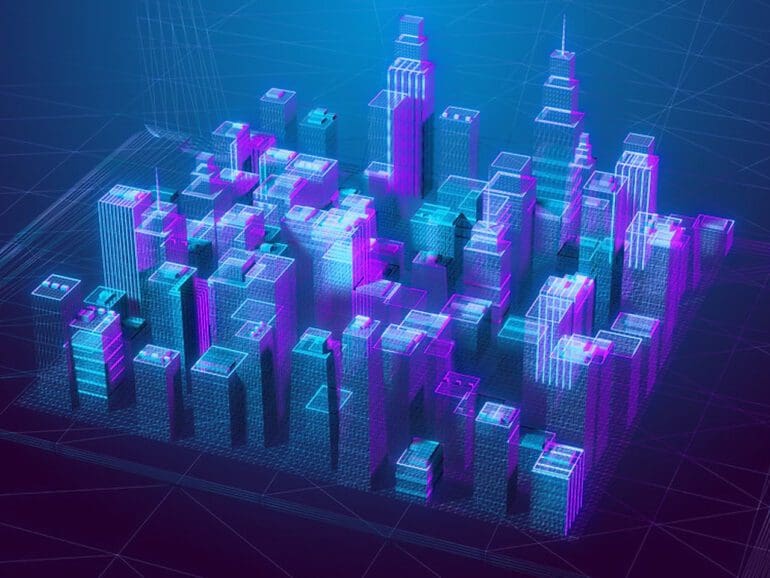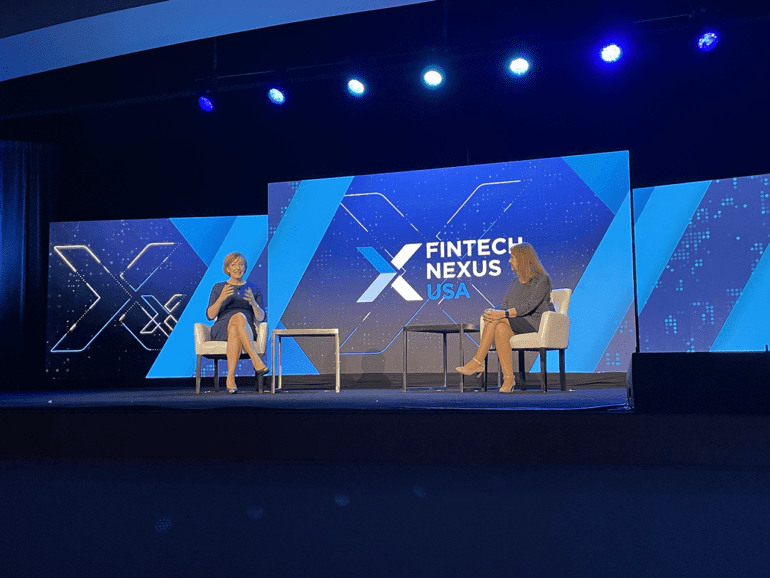While the future of payments is digital, Gnosis Pay co-founder and CEO Marcos Nunes said that leaves plenty of room for consumer choice.
As the cryptocurrency and blockchain industries mature, they must prepare for a downside to their success - patent trolls. As technology charts clear routes and more money is at stake, Dykema patent attorney Michael Word said cryptocurrency will be the next patent battlefield.
As the crypto wave continues to sweep Latin America, both banks and fintechs are crafting an expanding crypto offering in Brazil.
Nubank, the largest neobank in Latin America, will introduce USDC to its Brazilian clients, a significant advancement for the stablecoin.
Offering a segregated bitcoin custody model, the bank provides institutional customers with SPDI-driven protections.
Proposed regulations recently released by the Treasury Department help bring added clarity to participants in the digital asset economy. But the process is far from over. Investors, centralized crypto exchanges, payment processors, some hosted wallet providers, and some decentralized exchanges are the most affected. Miners, stakers and developers are not impacted.
US regulators plan to continue their enforcement of crypto, leaving the industry without much needed clarity. However, FIs carry on adoption.
Real-world asset tokenization was set to be a multi-trillion dollar market by 2030. It's still on track despite FTX setbacks.
There is a definite Monty Python theme to today's summary, and it fits as the to-date response to crypto and blockchain from regulators has been absurd and laughable.
U.S. regulators have chosen to "shove" digital assets overseas. Caitlin Long explains that they are missing the point.




